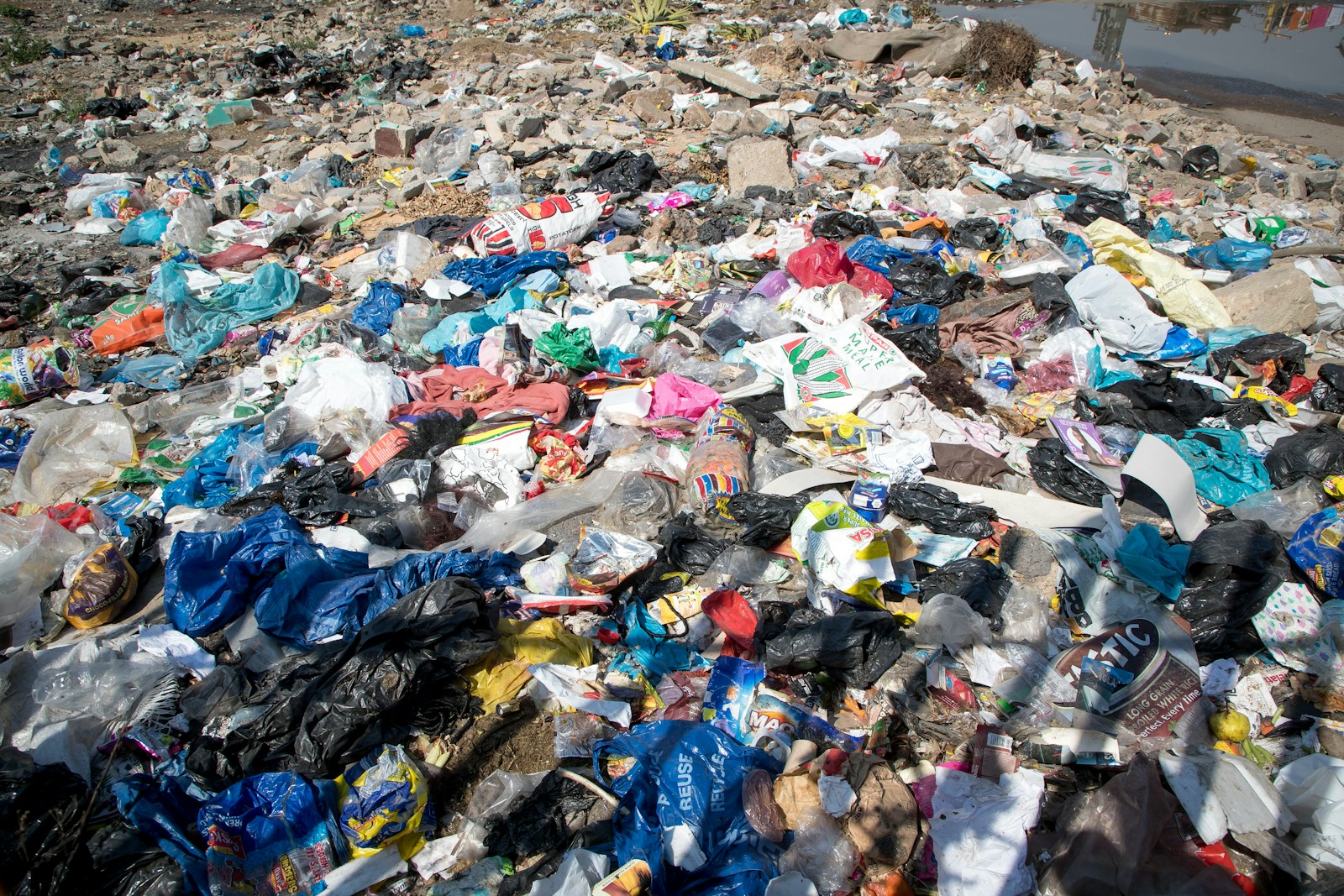When competing for waste management contracts, your environmental impact strategy is one of the most important parts of your tender submission. Councils and commercial buyers are under growing pressure to meet net zero targets, reduce landfill reliance and improve recycling initiatives.
As a result, buyers are looking for suppliers that demonstrate their ability to deliver core waste management services alongside their ability and motivation to minimise environmental impact while doing so.
Why is Environmental Impact Crucial in Waste Tenders?
The waste management sector is directly tied to the environment – everything from collection vehicles to landfill diversion rates is measured against sustainability goals. Local authorities are under pressure to meet statutory recycling targets and climate action plans and they expect their contractors to play a leading role in this.
For bidders, this means that environmental impact is no longer an added bonus, but a core scoring area that can make the difference between a compliant bid and a winning one.
Many suppliers already have strong sustainability initiatives in place but the challenge lies in explaining them in a way that markers can clearly evaluate within waste management tenders.
Key Environmental Themes to Address
There are common areas that nearly every waste management tender will ask about. Addressing these themes is essential, but making them contract-specific and proving how you have made environmental change in previous contracts will set you apart from other bidders.
Carbon Reduction
Waste management processes use a vast amount of energy, with fleet vehicles and plant machinery heavily contributing to emissions. Because of this, buyers will want to understand how you manage and control emissions within your carbon reduction strategy.
Initiatives such as route optimisation, electric and hybrid vehicle investments or alternative fuel trials are all commonly found in sustainable waste management bids.

Circular Economy
Procurement teams expect contractors to go beyond basic collection and disposal. They want evidence of how you apply the waste hierarchy – reduce, reuse, recycle, recover and dispose. This may involve reuse programmes, partnerships with reprocessors or investments in advanced recycling facilities.
Presenting evidence, such as the amount of waste diverted from landfill, recycling rates or reuse schemes can help to demonstrate how your company not only effectively manages waste, but also contributes to the circular economy and wider environmental sustainability.

Resource and Energy Efficiency
Waste depots, treatments plants and recycling centres consume significant amounts of energy and resources. Therefore, clients will want to see evidence of measures you have taken to reduce these amounts, such as energy-efficient lighting, water-saving initiatives and improved material recovery processes.
Be sure to use initiative here – many companies will be taking energy-efficient measures without even realising it, and demonstrating as much evidence as possible will stand you in good stead, even if you consider it irrelevant.
Innovation and Technology
From smart bins to AI-powered sorting systems, there is no doubt that technology is transforming the waste industry. Clients want to know that you are keeping up with the innovative advancement of the field, but also how you are using these new technologies to make your processes more efficient and environmentally friendly.
Ensure that these examples are not just name-dropped, but clearly demonstrate measurable results, such as increased recycling rates, reduced contamination or better reporting against environmental KPIs in your waste management services.

Compliance and Accreditation
Formal standards and accreditations remain an important part of tender evaluation. ISO 14001 for Environmental Management and PAS 2060 for carbon neutrality are frequently referenced in waste tenders and should be prioritised in your response.
Evidencing Environmental Commitments
One of the more common reasons bidders lose marks in environmental sections is lack of evidence. Any bidder can claim commitments, such as “we aim to reduce landfill”, but adding measurable evidence, such as “in 2024, we achieved 95% landfill diversion for X council”, is much more convincing and persuasive.
Adding evidence ensures that buyers know exactly how you can achieve your objectives and are not simply relying on your commitments.
Common Bidding Mistakes
In our experience, there are several pitfalls that waste contractors often fall into when explaining environmental impact strategies:
- Submitting generic environmental policies without tailoring them to contract-specific objectives.
- Making broad claims such as “carbon neutral” objectives, without providing evidence, such as a delivery plan or numerical targets.
- Using aspirational statements rather than concrete examples and KPIs.
- Failing to link environmental commitments back to the client’s own local objectives or sustainability strategy.
- Make sure your responses are specific, evidence-based and aligned with the priorities of the buyer.
Final Thoughts
Environmental strategy is not an optional bonus in waste management tenders, it is a central factor that clients use to differentiate between bidders.
Contractors who can demonstrate clear, measurable and client-aligned environmental commitments consistently achieve higher evaluation scores.
At Bid Writing Services, we help clients to evidence strengths, structure commitments and align company-specific strategies with client objectives to maximise scores in waste management tenders and sustainable procurement bids.
Have a waste management tender submission coming up? Why not utilise our expert tender writers? Contact us at michael.baron@bidwritingservice.com or lauren.moorhouse@bidwritingservice.com to discuss your needs, or, fill out the form below!
Request a Callback
"*" indicates required fields

